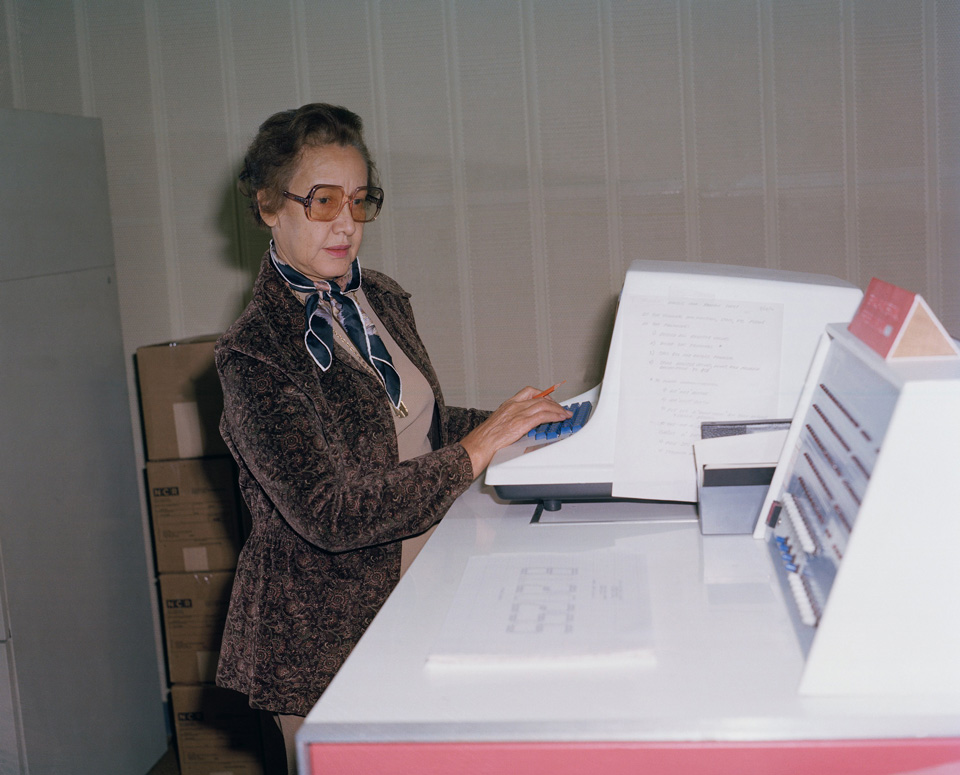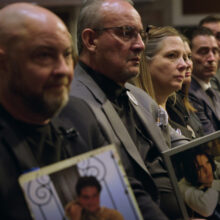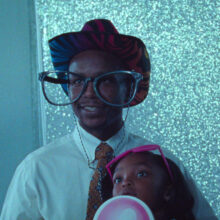
During her 33 years in NASA’s Flight Research Division, hardly anybody knew her name. After all, she was a woman, and an African-American woman at that. Yet she persisted, often working 16-hour days, her brilliance and devotion to the cause of advancing space exploration living repudiation to those who did not believe that a black woman was able to contribute on such a high level.
It wasn’t until 2016, when Taraji P. Henson played her in the Hollywood film “Hidden Figures,” based on book by Margot Lee Shetterly, that Johnson fully got her due. Not that it ever went to her head. “I was just doing my job,” was her common refrain.
Born in West Virginia in 1919, she entered high school at 10 and graduated at 14. By her junior year of college, she had taken all the math courses the college had to offer. In 1940, she was chosen to be one of three black graduate students to integrate West Virginia University. But she discovered she was pregnant with her first child, and focused on marriage and motherhood for a decade, until hearing in 1952 that Langley was hiring black women as mathematicians. She joined the Flight Research Division, and was a hard-working employee, calculating the aerodynamic forces of aircraft, and a quietly radical figure, using a bathroom that had been designated for white employees on her daily bathroom breaks.
“I loved every single day of it,” she told Shetterly. “There wasn’t one day when I didn’t wake up excited to go to work.”
Neil Armstrong said of his moonwalk, “That’s one small step for a man; a giant step for mankind.” We salute him, but today we praise Johnson for her magnificent strides for humankind.
More to explore in Culture
-
 Culture
1.15.26
Cool Girls Who Got Fired
Culture
1.15.26
Cool Girls Who Got Fired
-
 Culture
4.21.25
Word of Mouth: ‘Can’t Look Away’
Culture
4.21.25
Word of Mouth: ‘Can’t Look Away’
-
 Culture
10.24.24
Word of Mouth: ‘Daughters’ on Netflix
Culture
10.24.24
Word of Mouth: ‘Daughters’ on Netflix
-
 Culture
10.24.24
Financial Literacy for Kids? It’s Priceless.
Culture
10.24.24
Financial Literacy for Kids? It’s Priceless.
-
 Culture
11.22.23
What’s Your Sign? Sagittarius
Culture
11.22.23
What’s Your Sign? Sagittarius
